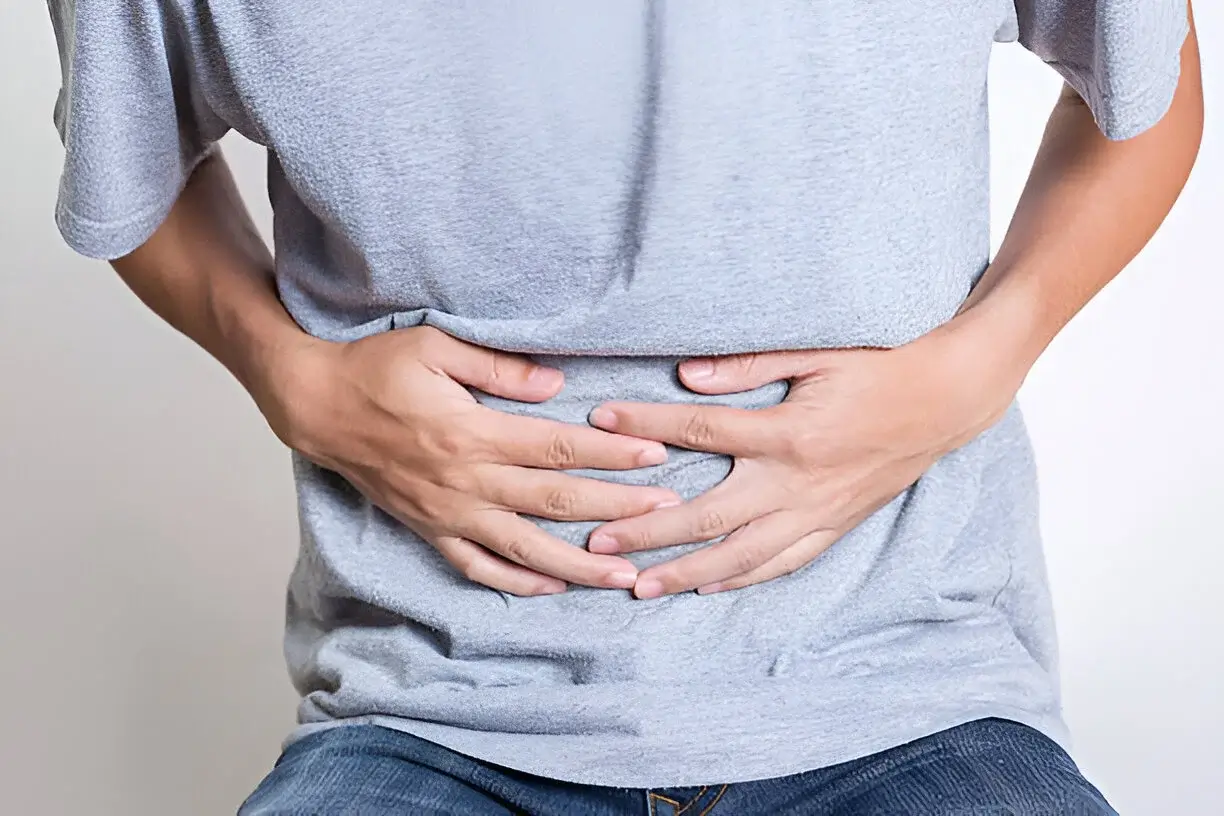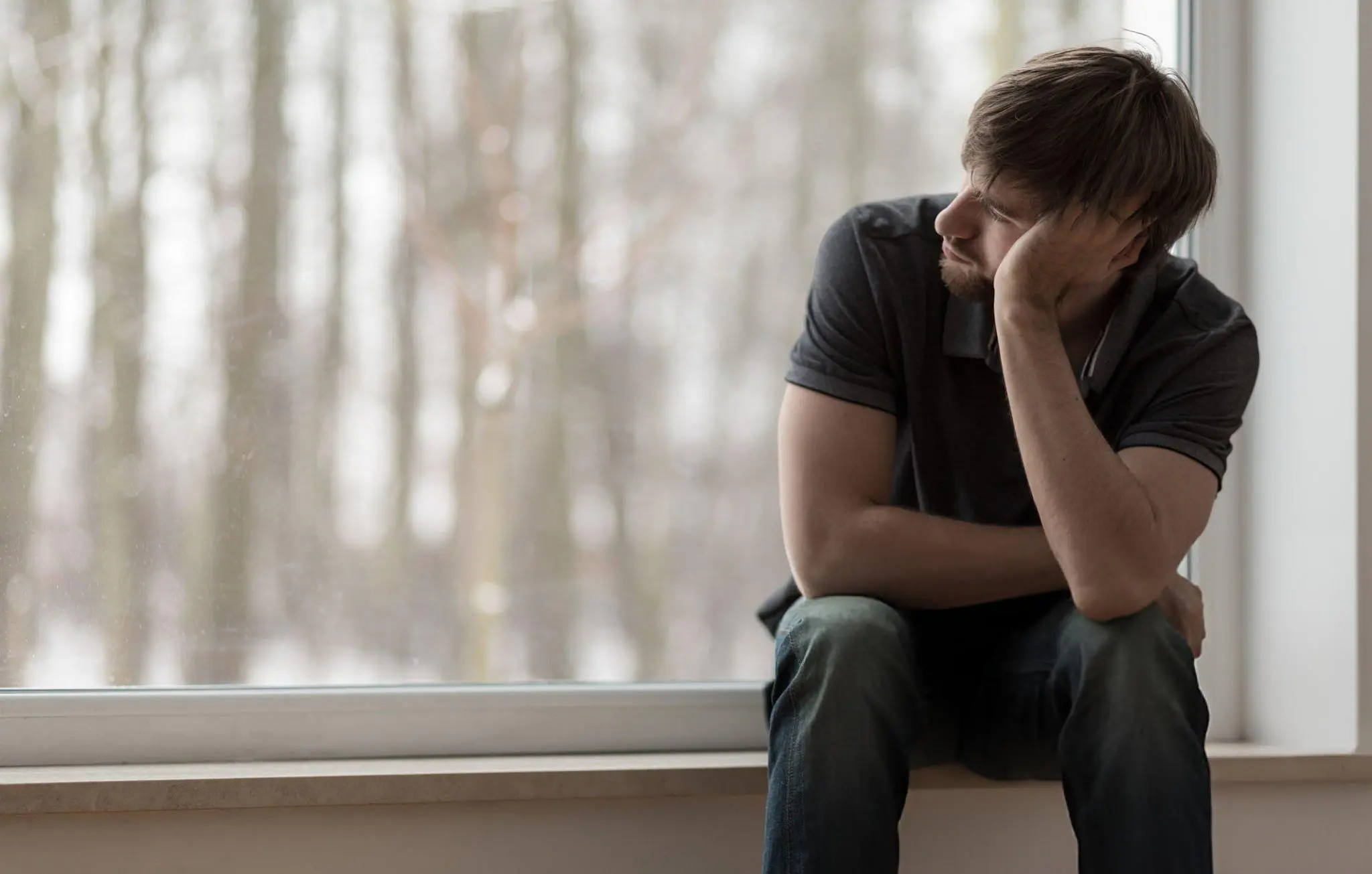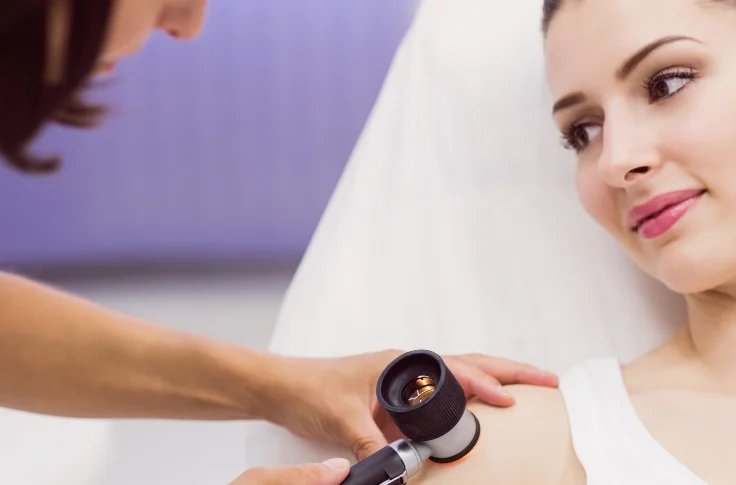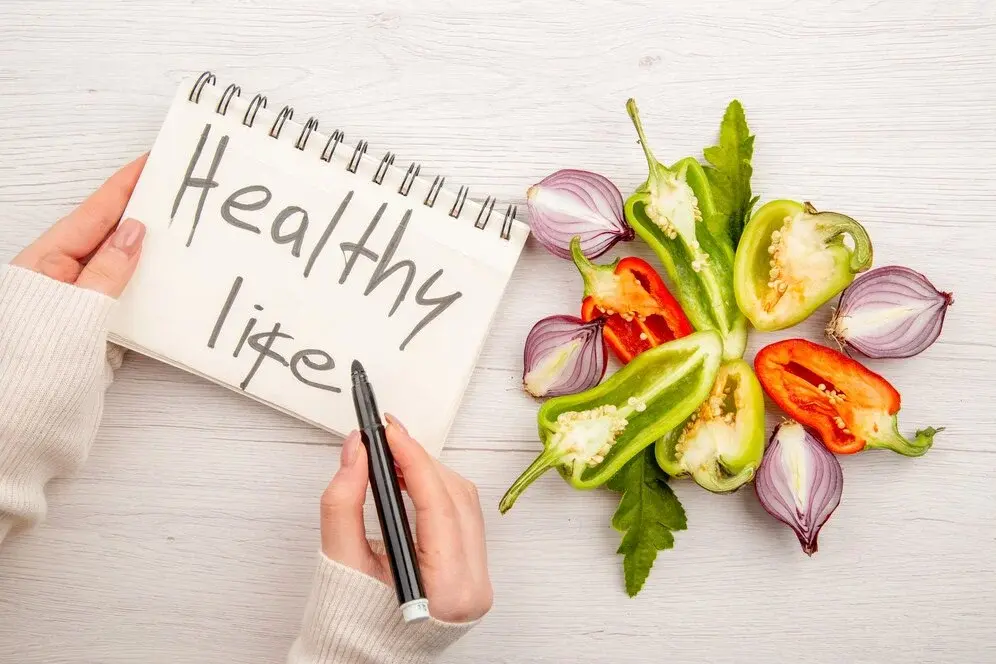Your gut’s been playing up lately. Maybe it’s that burning feeling after lunch, or the bloating that won’t quit. You’re not alone – heaps of blokes in the Hunter Region deal with this stuff daily.
Let’s talk about what’s going on down there and when you should actually do something about it. No medical jargon, just straight talk about mens gut health issues that affect real Australian men.
Most gut problems boil down to two main culprits: reflux (what we call GORD here) and irritable bowel syndrome. Both can make your day pretty miserable, but they’re different beasts entirely.
Need help sorting this out? Book a GP Appointment at Branxton Healthcare – we’ll figure out what’s bugging your gut.
What’s Actually Happening in Your Gut?
Your gut microbiome is like a busy city inside you. Millions of bacteria work around the clock, breaking down food and keeping your immune system running smoothly. When this balance gets messed up, you feel it.
Think of your gastrointestinal tract as a long tube from the mouth to, well, the other end. Food travels through your small intestine, where most nutrients get absorbed. If something goes wrong along this journey, you get symptoms.
Fermented foods like yogurt and sauerkraut feed the good bacteria. But if you’re living on takeaway and energy drinks (we get it, shift work’s tough), your gut suffers.
GORD vs IBS: What’s the Difference?
GORD (Gastro-Oesophageal Reflux Disease)
GORD happens when stomach acid backs up into your oesophagus. That burning chest pain after a big meal? That’s your acid where it shouldn’t be.
You might get a sour taste in your mouth or feel like food’s stuck. Night-time reflux can mess with your sleep, too. Lying flat makes it worse, which is why propping up your bed helps.
Heavy meals, alcohol, and stress make GORD worse. If you’re working long hours or doing shift work, your eating patterns probably aren’t helping.
Irritable Bowel Syndrome (IBS)
Irritable bowel syndrome IBS affects your large bowel. Your bowel movements might swing between loose and constipated. Bloating’s usually the worst part – your gut feels like a balloon.
IBS often comes with cramping pain that eases after you go to the toilet. Certain foods trigger flare-ups, and stress makes everything worse.
Which one you’ve got? Men’s Health at Branxton Healthcare can assess and plan treatment that actually works.
Simple Fixes That Actually Help
Sort Out Your Diet
Added sugar feeds bad bacteria in your gut. Cut back on soft drinks and processed snacks. Your healthy gut bacteria will thank you.
Rich foods, heavy in fat, slow digestion. That massive steak dinner might taste good, but your gut pays later. Try smaller portions more often.
Watch what foods and drinks trigger your symptoms. Keep it simple – if something makes you feel rough, avoid it for a while.
Try These Gut-Friendly Options
Fermented foods are brilliant for mens gut health. Greek yogurt, kefir, and even a bit of sauerkraut can help. Start small, though too much too fast can cause more bloating.
A good probiotic supplement might help, but whole foods work better long term. Your gut prefers real food over pills.
Plain oats, bananas, and cooked vegetables are gentle on sensitive guts. Save the spicy curry for when you’re feeling better.
Lifestyle Changes That Matter
Eat your biggest meal earlier in the day. Late dinners sit heavy and can trigger reflux when you lie down.
Weight loss helps if you’re carrying extra around the middle. Even five kilos can reduce pressure on your stomach.
Stress management isn’t just feel-good stuff – it directly affects your gut. Even ten minutes of deep breathing helps.
Red Flags: When to Get Help Fast
Some symptoms need immediate attention. Don’t wait around if you notice these warning signs.
Trouble swallowing could mean something’s blocking your oesophagus. This isn’t normal reflux anymore.
Black or tarry stools might indicate bleeding somewhere in your digestive system. Get this checked today.
Unintended weight loss combined with gut symptoms needs investigation. Losing weight when you’re not trying isn’t good.
Severe night pain that wakes you up repeatedly could be more than simple reflux or IBS.
Trouble swallowing, weight loss, black stools, or night pain? Don’t wait. Book a Same-Day GP Appointment or Call Branxton Healthcare Now.
The Real Impact on Your Health
Your gut affects way more than just digestion. Poor gut health for men can mess with your mental health, too. That’s not hippie nonsense – it’s proven science.
Your gut makes chemicals that talk to your brain. When your gut’s unhappy, you feel it upstairs too. Anxiety and gut problems often go hand in hand.
Short-chain fatty acids from healthy gut bacteria help control inflammation throughout your body. Better gut health means better overall gut health.
Vitamins and minerals from food only get absorbed properly when your gut’s working right. You could be eating well but still missing out on nutrients.
Making It Work with Real Life
Shift work makes mens gut health harder to manage. You can’t always eat regular meals or get perfect sleep. But you can still help your gut.
Pack simple snacks like bananas or plain crackers. They’re easier on your system than vending machine junk.
If you’re working nights, try to eat your main meal before your shift starts. Your body digests better when you’re upright and active.
Improve your gut health gradually. Don’t try to change everything at once – that usually backfires.
Need a plan that fits shift work and real life? Book a GP Appointment for practical advice that actually works.
Getting Professional Help
Sometimes home remedies aren’t enough. If your symptoms stick around for more than a few weeks, it’s time to get proper help.
A good GP can work out whether you’re dealing with GORD, IBS, or something else entirely. Blood tests can rule out other problems like coeliac disease or inflammatory conditions.
Don’t put up with daily discomfort when treatment options exist. Modern medicine has decent solutions for most gut problems.
Men’s gut health doesn’t have to be a mystery. With the right approach, most blokes can get back to feeling normal.
Your Next Steps
Start with simple changes – cut back on late meals and fatty foods. Add some gentle exercise like walking after dinner.
If symptoms persist or get worse, don’t wait months hoping they’ll disappear. Early treatment works better and prevents complications.
Keep track of what makes you feel worse. This information helps your doctor work out the best treatment plan.
Ready to sort out your gut health once and for all? Book a GP Appointment at Branxton Healthcare. We specialise in practical solutions for busy blokes.
FAQ’s
How do I know if my gut problems are serious?
Most gut issues aren’t dangerous, but watch for red flags. If you can’t swallow properly, lose weight without trying, or see blood in your stool, get help immediately. Regular bloating or reflux that responds to simple changes is usually manageable at home.
What’s the difference between heartburn and GORD?
Heartburn happens occasionally after big meals or spicy food. GORD is when acid reflux occurs regularly, usually more than twice a week. GORD can damage your oesophagus over time, so it needs proper treatment rather than just antacids.
Can mens gut health affect my energy levels?
Absolutely. When your gut microbiome is out of balance, you don’t absorb vitamins and minerals properly. Poor gut health for men also affects sleep quality, especially if reflux wakes you up at night. Fixing gut problems often boosts energy naturally.
Do probiotic supplements actually work for blokes?
Probiotic supplements can help, but they’re not magic pills. Fermented foods like Greek yogurt work better because they contain multiple strains of good bacteria. If you do try supplements, give them at least 4-6 weeks to see any difference.
How long does it take to improve your gut health?
Simple changes like cutting added sugar and eating regular meals can help within days. But rebuilding your healthy gut bacteria takes weeks or months. Stick with changes long-term rather than expecting instant results.
Why do my gut symptoms get worse with stress?
Your gut and brain are connected through nerves and hormones. Stress affects how fast food moves through your system and can trigger acid production. Work stress, relationship problems, and poor sleep all make irritable bowel syndrome IBS and reflux worse.
Should I avoid gluten if I have gut problems?
Not necessarily. True gluten intolerance affects less than 1% of people. However, some blokes with IBS feel better on a low-FODMAP diet, which temporarily reduces certain carbs, including wheat. Try eliminating suspect foods one at a time rather than cutting everything out.
When should I see a GP about bowel movements?
See a doctor if your bowel movements change suddenly and stay different for more than two weeks. This includes new constipation, loose stools, or changes in color. Blood, mucus, or severe pain aren’t normal and need checking.






